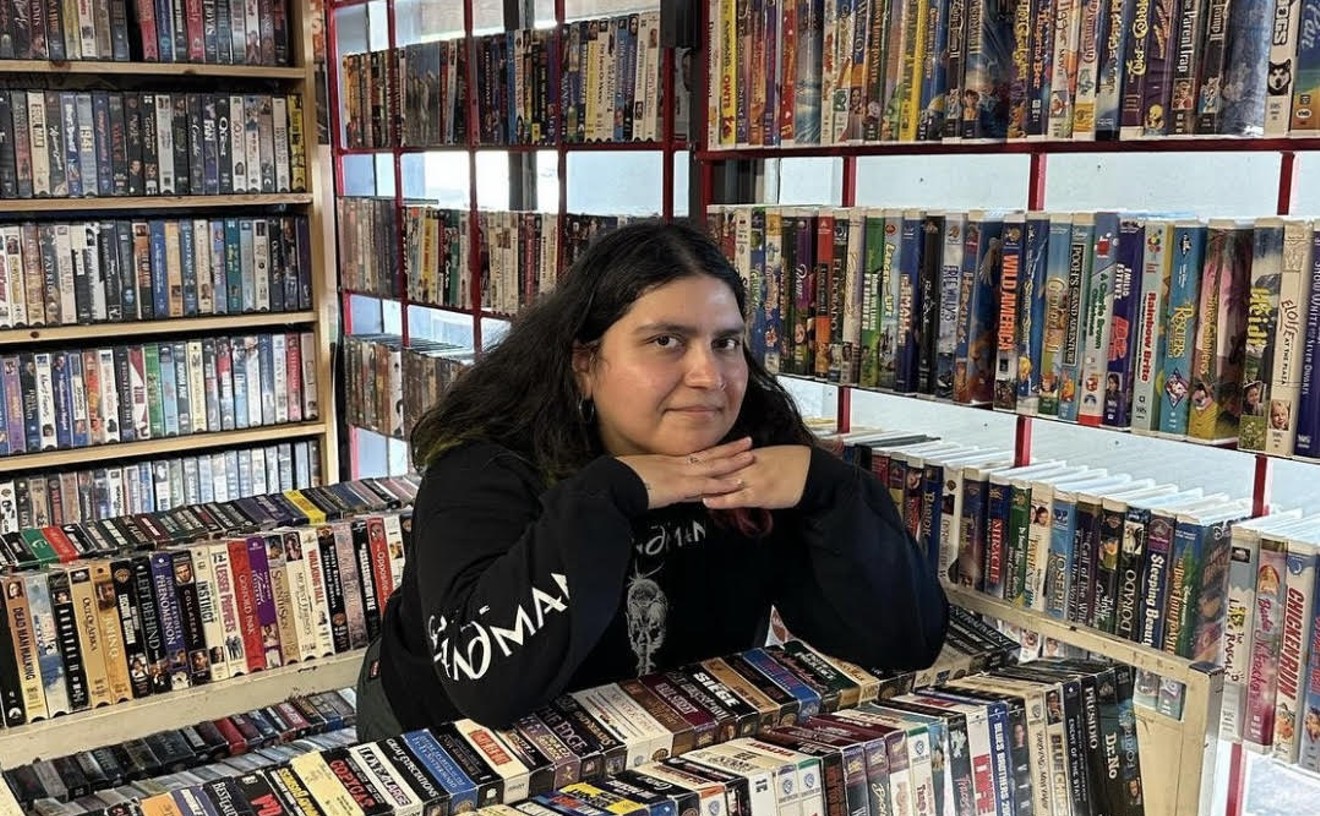Dallas Comedy House had its second annual Sleep Deprivation Improv event Jan. 13. Local comedians stayed awake from Friday morning until after the 10:30 p.m. performance Saturday. Both years, the show sold out.
David Allison, DCH's theater director, says the event's appeal is watching people pull off the seemingly impossible.
“There’s such a fantastic energy to that room because people come out to a comedy show to be entertained. Sometimes, an audience just wants to sit back and be entertained, but with a sleep-deprivation show like this, it just makes them more of an active participant,” Allison says. “They know not only that they want to be entertained, but they know like, ‘Oh, I really want to be entertained by these guys. I’m rooting for these guys and gals.’”
In a recent interview with NPR, University of California, Berkeley, neuroscientist Matthew Walker said that even a little sleep deprivation can have big health consequences.
“Even just the smallest amount of insufficient sleep, we see health consequences. And I think, perhaps, you know, one of the best examples of that small perturbation is one of the largest sleep experiments ever done. It's been performed on 1.6 billion people. It happens twice a year, and it continues to happen. It's called daylight saving time," Walker said. "And in the spring when we lose an hour of sleep, we see a subsequent 24 percent increase in heart attacks. In the fall when we gain an hour of sleep opportunity, there is a 21 percent decrease in heart attacks."
According to NHS Choices, the U.K.’s largest health website, sleep deprivation can lead to serious long-term health issues such as diabetes and heart disease and can reduce one's life expectancy. The American Sleep Association reports that roughly 40 percent of adults ages 20-59 report inadequate sleep duration, putting them at an increased risk for long-term health problems.
Allison says that from a performance perspective, the Sleep Deprivation event was similar to DCH's other events — except there was a noticeable delay in processing speed of the performers. The night’s activities included improv and quizzes, both of which tested the comedians' fraying cognitive capacities."In the spring when we lose an hour of sleep, we see a subsequent 24 percent increase in heart attacks." — UC Berkeley neuroscientist Matthew Walker
tweet this
“For the most part, they still get the answers right, but there’s definitely, like, a delay. There’s a hesitation. It’s really stark in the improv, especially because these people are trained improvisers, most of whom have been doing it for years and years on like our main stages," Allison says. "They’re some of the most talented people we have here, and through their experience, they’re taught to respond quickly and confidently, and that sort of thing isn’t always there after 40 hours or however long it ends up being of being awake."
Sleep-deprivation events aren’t always about fun and games. Sometimes, the act of staying awake is one of charity. Devin Pike — who just put on a 36-hour cancer-fighting telethon, “Who Needs Sleep?" — says people respond to sleep-deprivation events because they identify with them.
“I think people look at their own life and experiences, where they look and say, ‘Oh this has been such a long day,’ and they wind up doing it vicariously through the broadcasters or the marathon participants [in the telethon], and they think, ‘Wow, I could do that,’ or, ‘Wow, there’s no way I could do that,’ and it allows them to sort of play along," he says.
Both events took some precautions to protect the sleep-deprived participants. DCH rented hotel rooms for its comedians and hired a car to shuttle them around.
Pike, who has been undergoing treatment for throat cancer for the last year, says he got clearance from his doctor to do the 36-hour telethon and that he wanted to give back to the people who have helped him during his treatment. The event raised $13,000 for Cancer Support Community North Texas and Cook Children’s Medical Center of Fort Worth.
“I will never be able to repay the kindness that has been shown to me,” Pike says. “So it’s the least I can do to put that positivity back into the universe.”











